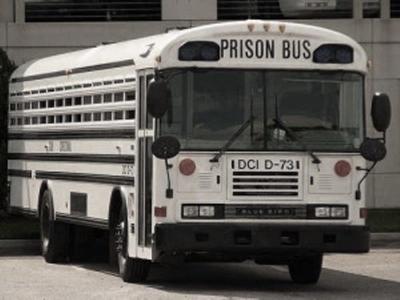
A news article by Samantha Wohlfiel from of the Bellingham Herald reports that starting this July, Bellingham Police Department (BPD) will require all uniformed patrol officers to wear and use body cameras.
In 2014, the BPD started a voluntary program, allowing officers to use a body camera if they were willing. Now, Police Chief Cliff Cook has decided all uniformed patrol officers will need to wear the cameras while on duty:
“I think the original pilot and then the past year and a half … has shown us that having the videos is not only beneficial in cases of prosecution of individuals for crimes, as evidence of the actions of our officers, especially when they’re appropriate . . . It also generally helps us resolve disputes or disagreements about what may have transpired between an officer and a citizen much more quickly and in a more definitive way.”
~Police Chief Cliff Cook
Initially, 18 officers volunteered for Bellingham’s program, and currently 34 officers are using the cameras, Cook said. He also mentioned that his police officers have noted that people often change their behavior for the better when they’re told they’re being filmed.
One of the main concerns for officers and community members has been privacy, Cook said:
“One of the concerns we talked about was the overriding concern about creating video of individuals in pretty personally trying situations that involve personal privacy, such as mental illness, or a domestic violence call in a private residence, or interviewing the victim of a crime. So there are provisions within the policy where officers are given discretion on whether they want to turn that camera on or not.”
~Police Chief Cliff Cook
Basically, the “policy” requires that officers turn on the cameras for any enforcement activity, an arrest, use of force or where they believe there will be the need to use force.
The department has a mix of cameras, some that are clipped on a lapel, others that are worn on glasses, but both have easily been knocked off in situations where officers were restraining someone, Cook said, so the department may shift toward other models.
Between 2014 and 2016, the total program cost has been $315,250, which includes things such as all hardware (the cameras, clips, glasses they sit on, etc.), software and docking stations, Cook told the council.
According to the article, the projected costs moving forward are about $35,000 to $56,000 per year each of the next two years for renewed data storage management.
Another concern was, of course, privacy:
“One of the concerns we talked about was the overriding concern about creating video of individuals in pretty personally trying situations that involve personal privacy, such as mental illness, or a domestic violence call in a private residence, or interviewing the victim of a crime. So there are provisions within the policy where officers are given discretion on whether they want to turn that camera on or not.”
~Police Chief Cliff Cook
The current policy requires that officers turn on the cameras for any enforcement activity, an arrest, use of force or where they believe there will be the need to use force.
Please contact my office if you, a friend or family member are charged with a crime. Hiring an effective and competent defense attorney is the first and best step toward justice.






![Drunk Driving Statistics [2021] | Best Online Traffic School](https://bestonlinetrafficschool.co/wp-content/uploads/2019/10/3.png)






